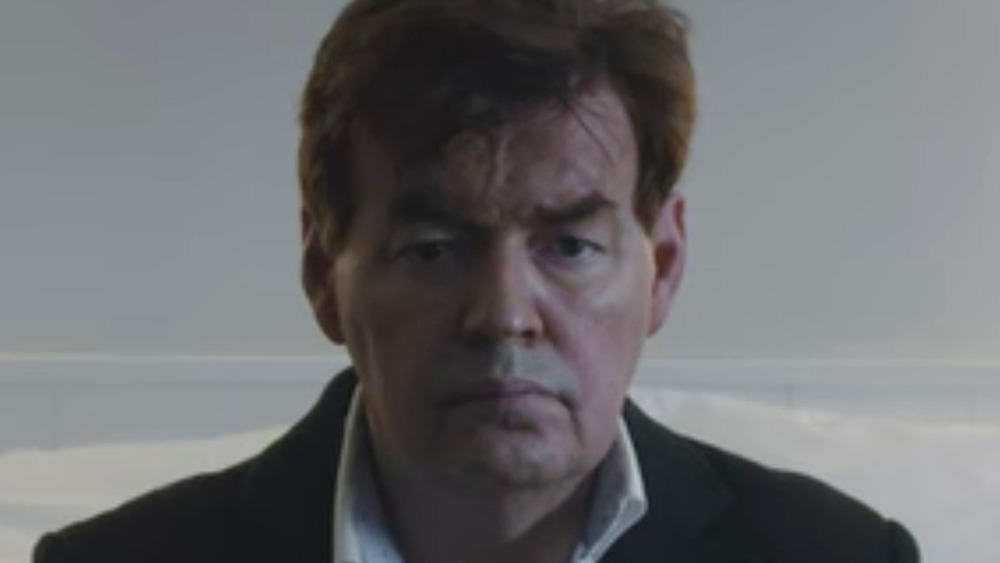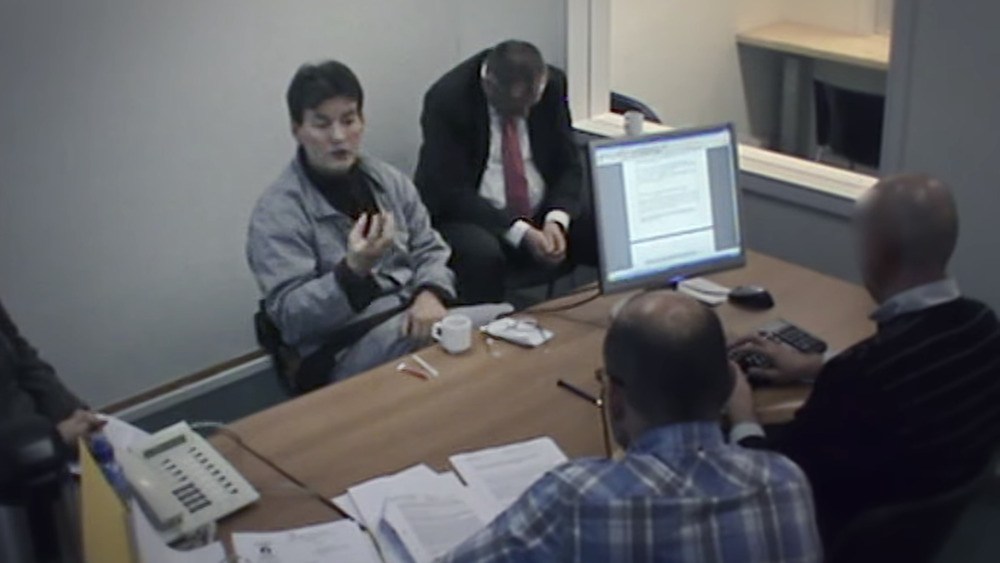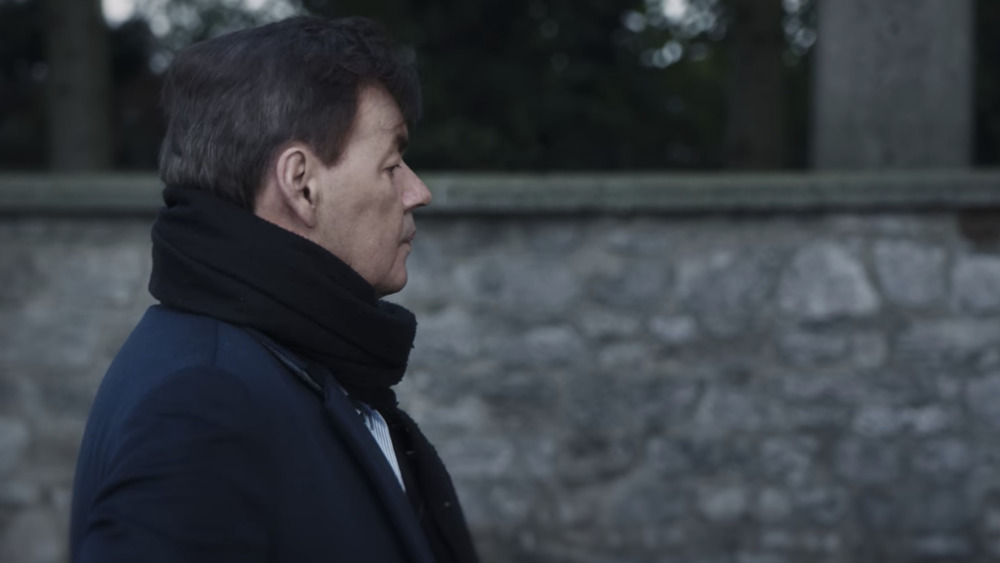The Ending Of Under Suspicion: Uncovering The Wesphael Case Explained
We may receive a commission on purchases made from links.
The tragic story of Véronique Pirotton's death is at the center of the new Netflix docuseries Under Suspicion: Uncovering the Wesphael Case. The case made headlines across Europe in 2013 when Belgian politician Bernard Wesphael was arrested for the murder of his wife after a seemingly romantic hotel getaway turned violent. The case not only spawned media attention due to Wesphael's position in parliament but also because of the uncertainty of what exactly happened on that fateful day.
Though the trial ended in 2016, there's sure to be renewed interest in the case with the release of Under Suspicion: Uncovering the Wesphael Case. Much like the virality of Making a Murderer and Crime Scene: The Vanishing at the Cecil Hotel, the newest French docuseries will undoubtedly be another addition to Netflix's current streak of popular true crime shows and documentaries. Another thing that the three Netflix projects have in common? The mystery and questions that remain, even though the case is considered closed.
Uncertainty at the Wesphael trial
While the events surrounding Véronique Pirotton's death seemed cut-and-dry at the beginning of the trial, things quickly got confused as new twists and evidence were brought to light. Not only did Pirotton have an affair, but her lover Oswald De Cock was a psychiatrist who actually used Pirotton's past traumas to his advantage. De Cock's manipulation added another element to Pirotton and Wesphael's marriage and ultimately helped Wesphael's case.
Even after the trial ended, there was confusion about the truth. Wesphael's suspicious wink at his hearing — supposedly to a cameraman but actually thought to be directed toward the prosecution — led the media to send out a renewed fury of accusations against him. Additionally, at the end of the docuseries, Wesphael confesses that every year, on the anniversary of Pirotton's death, he receives an accusatory and defaming letter addressed from Pirotton herself, that he says reads like the types of letters Pirotton would get from De Cock. The mysterious letters only lead to more questions that will probably never be answered: Who is sending them? What really happened in the hotel room in Ostend?
What happened after the trial?
After Wesphael's acquittal, he went on to attempt to receive compensation for what he deemed was wrongful imprisonment, since he was held in jail throughout the investigation and trial. Though his initial pleas were turned down by the court in 2019, he appealed the decision in 2020. His case was heard by a special panel, consisting of the presidents of the Cassation Court, the Council of State, and the Bar Association, and he was awarded the amount of €83,150 (approximately $99,000). After Wesphael won the settlement, he stated, "My incarceration was clearly unfair and unfounded. I see this decision as a third acquittal after the criminal trial and the civil proceedings" (via The Brussels Times).
Soon after his acquittal in 2016, Wesphael published a book titled Assassin, detailing his side of the events surrounding his wife's death. While he left politics soon after his wife died, in 2020, he discussed an interest in re-launching the Movement for Democracy and Citizenship (MDC) he created in 2017. According to Flemish newspaper Het Nieuwsblad, he stated that the COVID-19 crisis has "made me realize that I want to invite citizens to mobilize to build a new development model. I have to be progressive."
To this day, Pirotton's family aren't convinced that Wesphael is innocent. You can watch the trial unfold in Under Suspicion: Uncovering the Wesphael Case and decide if you think justice was served.


